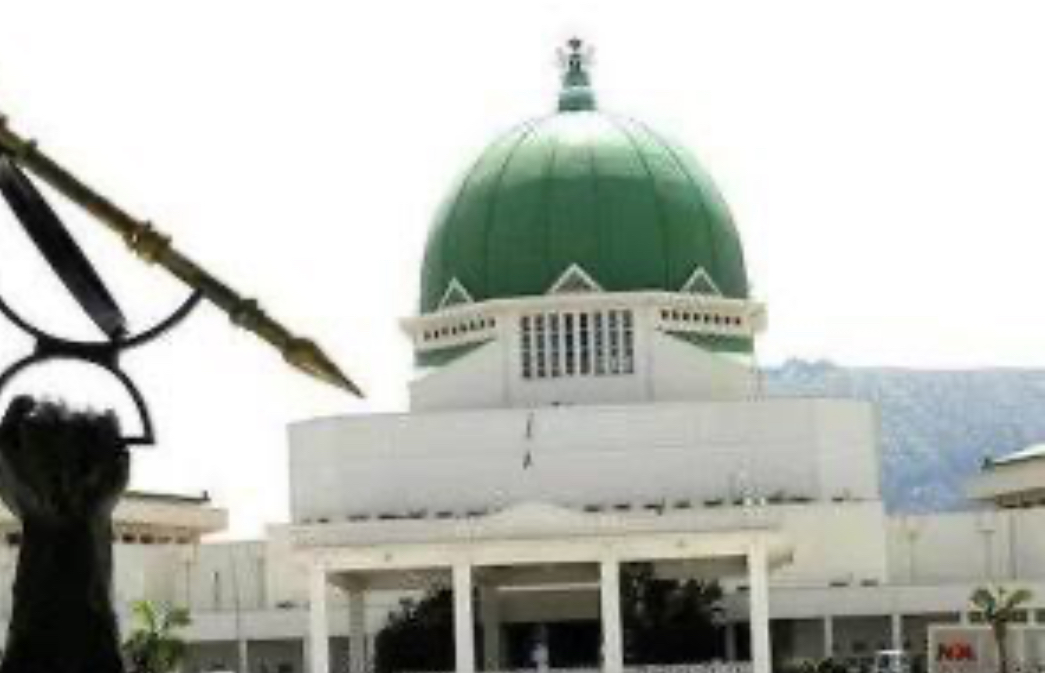The Patriots, a group of eminent, nationalistic, and like-minded Nigerians from all walks of life, was founded in 1999 at Chief F.R.A. Williams’ house in Lagos. He was the pioneer chairman, and after his demise, Professor Ben Nwabueze took over the leadership. Of all the twelve founding members that included Bola Ige, M.C.K. Ajuluchukwu, Ayo Adebanjo, Adekunle Adedeji, R.O.A. Akinjide, Bob Ogbuagu, Abraham Adesanya, Ladi Williams, and Ganiyu Dawodu, only Senator Ike Nwachukwu is still alive. But over the years, the body meticulously recruited new members. Currently, it is headed by Chief Emeka Anyaoku, former Commonwealth Secretary-General.
The group’s present struggle is to give the country a fundamentally new constitution since the widely-held view is that the 1999 Constitution was foisted on the people by the military without popular participation. Barely a year ago, the Patriots met President Bola Tinubu and made two requests pertaining thereto. The first is for him to convene a national constituent assembly to draft a new people’s constitution with individuals directly elected, on a non-political basis. Their take is that the no-holds-barred deliberations “should take into full account the 1960/63 constitutions, as well as the recommendations of the 2014 National Conference and indeed of the various national conferences that considered the Nigerian constitutions.”
The second plea intends to guard against reducing the constituent assembly to a mere talk-shop. The group wants a law from the National Assembly that would back a national plebiscite “which the draft constitution emerging from the constituent assembly should be subjected.” In other words, they want a national referendum backed by law to validate the draft constitution before the presidential assent.
By a timeous coincidence, while the constitutional amendment committees of the two chambers of the National Assembly were in different states and geo-political zones across the country to collate shades of opinion and inputs from Nigerians in the month of July 2025, the Patriots, simultaneously, convened what it termed ‘National Constitutional Summit on the Future of Nigeria’ in Abuja, with delegates drawn from a wider spectrum of Nigerian society.
The constitutional amendment proposed by the National Assembly prioritizes about 87 critical issues that cut across gender and inclusive governance, security and police reforms, fiscal reforms, judicial reforms, devolution of powers and local government autonomy. The nitty-gritty entails reservation of specific number seats for women at the legislature to enhance political inclusion; transfer of policing from Exclusive Legislative List to Concurrent Legislative List to jumpstart the establishment of state and community-centred policing; ten bills to foster fiscal responsibility in terms of prudence, accountability, and transparency; as well as twenty-two bills targeted at strengthening the dispensation of justice, including “shorter timelines for determining election petitions.”
Other amendments are seeking to unbundle the powers of the federal government by shifting some of the responsibilities to sub-national governments for a measure of autonomy and complementarity; just as the local government autonomy bill, cuing from the July 2024 Supreme Court judgment, would empower the Councils for “financial autonomy, administrative independence, democratic elections, and mechanisms for accountability at the local level.” And to steer the process away from being caught by partisan politicking, the Deputy Speaker of House of Representatives, Ben Kalu, stated that the essence of the December 2025 deadline is to beat “the commencement of electoral activities that might inadvertently affect the alteration process.”
On the other hand, the summit convened by the Patriots resolved to pursue a structural review of the country. While calling for true fiscal federalism, they noted that the present federal structure is too expensive, prone to abuse, and therefore, constitutes a drawback to people’s welfare and democratic consolidation. They made a case for restructuring to ensure a true federal character and devolution of the humongous powers at the centre to the federating units. While harping on the expensive nature of the nation’s bi-cameral legislature and the need to adopt a more cost-effective model, the Patriots tactically avoided what would be seen as luring the tiger down the mountain. Also, to cut down the cost of running of over-bloated bureaucracies, they recommended a reduction of the number of ministries to fifteen and department and agencies to one quarter of the existing ones. This will logically reduce the number of political appointees.
The recommendations concerning electoral reforms favour independent candidacy and automatic loss of seats/positions for any one guilty of cross-carpeting without relinquishing his/her seat. Drawing examples from Brazil and Ghana, the conferees called for a single-day elections to reduce cost, fraud, and logistics manipulation. For the elections, they resolved that the use of Bimodal Voter Accreditation System (BVAS) and real time electronic transmission of results should be mandatory.
On the administration of justice, the summit delegates recommended the establishment of special courts to try offences that border on corruption, electoral and terrorism matters. It was also resolved that “there is the need for each federating unit to have its court hierarchy up to the Court of Appeal, thereby leaving the Federal Supreme Court to deal with heavy Constitutional matters, inter-state disputes, and disputes between the Federal and subnational governments.” They also called for the separation of the office of Attorney-General from the Minister/ Commissioner of Justice at both the federal and state levels. Other proposals touched the issues of security architecture, women and marginalized groups, diaspora voting, and the citizens welfare.
I take away some robust observations from the exercises. One, the Patriots are taking further step of forwarding the proposals to Mr. President for onward transmission as an executive bill to the National Assembly. Second, and unlike the previous attempts outside the legislature, the Patriots adopted a more matured approach that is devoid of confrontation to the legislature and the ruling party. Third, a number of positions from the two sides are in unison and uncontested. Four, coming at a time that the president enjoys exceptional support from the parliament, most of the proposals may pull through. My concern therefore, is that political self-preservation might be a setback to some of the critical issues slated for alterations.
Credit:Punch

